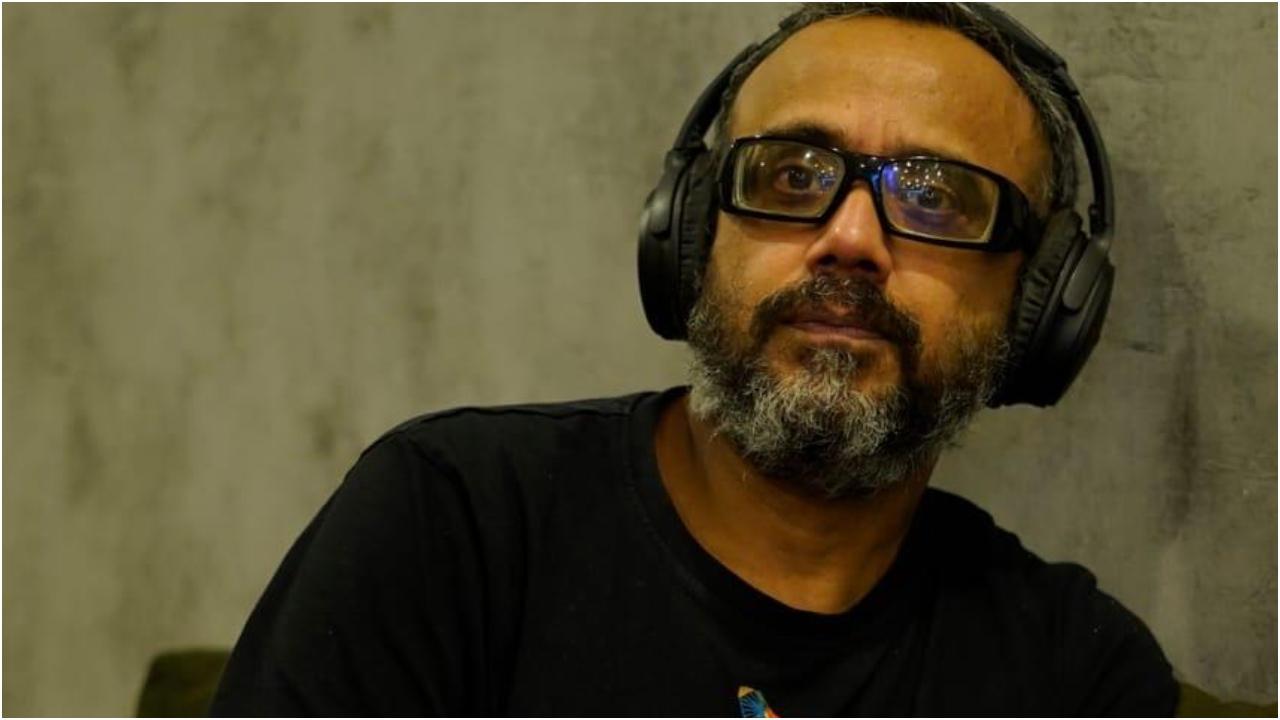Home / Entertainment / Bollywood News / Article /
Dibakar Banerjee: One possible name for LSD2 was The Influence | Exclusive
Updated On: 19 April, 2024 02:33 PM IST | Mumbai | Bohni Bandyopadhyay
In an exclusive interview with Mid-day.com, the filmmaker tells us what he loves about social media, and how he is hoping to ‘shake things up’ with Love Sex Aur Dhokha 2.

Dibakar Banerjee
Fourteen years after Love Sex Aur Dhokha shook up a storm in filmdom, Dibakar Banerjee is back with its spirit sequel, which is out in theatres today. Love Sex Aur Dhokha 2 explores life in the times of social media, and Dibakar’s objective gaze on it, since he himself doesn’t participate in it. In an exclusive interview with Mid-day.com, the filmmaker tells us what he loves about social media, and how he is hoping to ‘shake things up’ with Love Sex Aur Dhokha 2.
You`re not on social media, but you have made a film on the social media obsession of the current times. How does that work?



